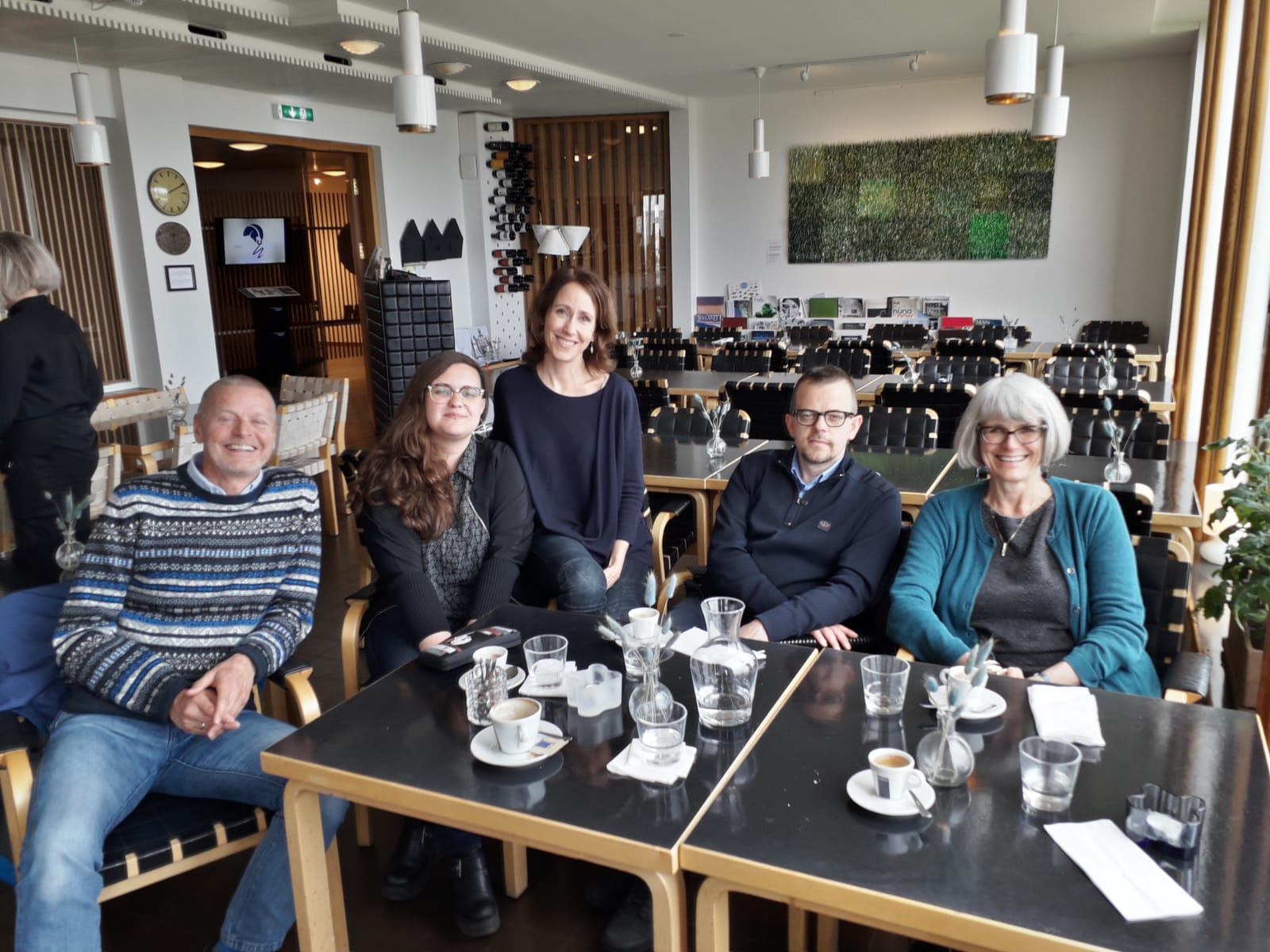Timothy Bourns
Driftwood and the Divine: Ecocritical Readings of trémenn
Thursday, November 28, 2019, at 16.30
Lögberg 101

This presentation will examine trémenn and the ways in which the categories of human and wood intersect in Old Norse literature, both metaphorically and metaphysically, thus blurring the lines between human and non-human, sentient and non-sentient, mind and matter.
Þorleifs þáttr jarlaskálds—the tale of Þorleifr, the earl’s poet—provides an introductory case study, telling of a Norwegian king who calls upon his tutelary goddesses, the sisters Þorgerðr Hǫrgabrúðr and Irpa, to help him construct a trémaðr assassin out of a piece of driftwood and a human heart, which he sends to Iceland to kill the poet who shamed him. This wooden character is named—Þorgarðr—given clothes, and is able to walk and talk.
Drawing on wide-ranging examples, I will explore the ways in which this type of pre-Christian figure was imagined in post-conversion Iceland (e.g., the wooden idols of Freyr in Gunnars þáttr helmings and Óláfs saga Tryggvasonar en mesta); how trémenn are imbued with emotional interiority and selfhood (e.g., the ashamed trémenn in Hávamál and the tearful trémaðr in Ragnars saga loðbrókar); and how bark acts as both metaphorical and literal clothing (e.g. the Birkibeinar in Sverris saga and the Næframaðr in Örvar-Odds saga). Evidence from Sonatorrek and other skaldic verse provides parallel evidence, with a diverse range of kennings figuratively linking people with trees.
I will also analyse why driftwood in particular is used as a building material for human-tree hybrids (e.g., Askr and Embla in Gylfaginning); the symbolic connection between driftwood and fate (e.g., Ingólfr’s high-seat pillars in Landnámabók); how natural objects can be granted vitality and narrative agency (e.g., Þuríðr’s cursed driftwood in Grettis saga); and how this might relate to medieval Icelandic thinking about wood, trees, and a changing environment with limited natural resources.
I will thus argue for the merits of a more expansive, post-humanist, object-oriented, material ecocriticism to provide new readings of the Old Norse-Icelandic literary environment.
Timothy Bourns is graduate of the Medieval Icelandic Studies Master’s program. He wrote his doctoral thesis about animals in Old Norse literature at the University of Oxford, and now he is a postdoctoral researcher on the international project ‘Emotion and the Medieval Self in Northern Europe’ based at the University of Iceland.
The talk will be delivered in English. All are welcome to attend.





